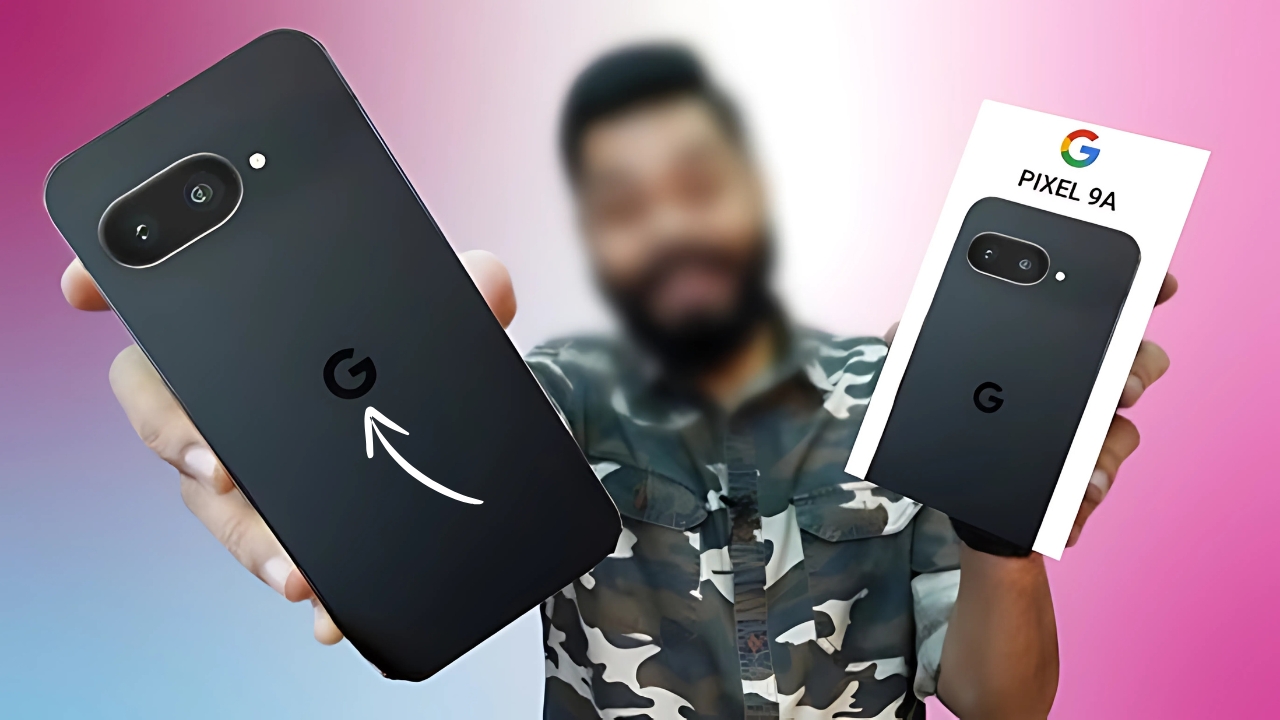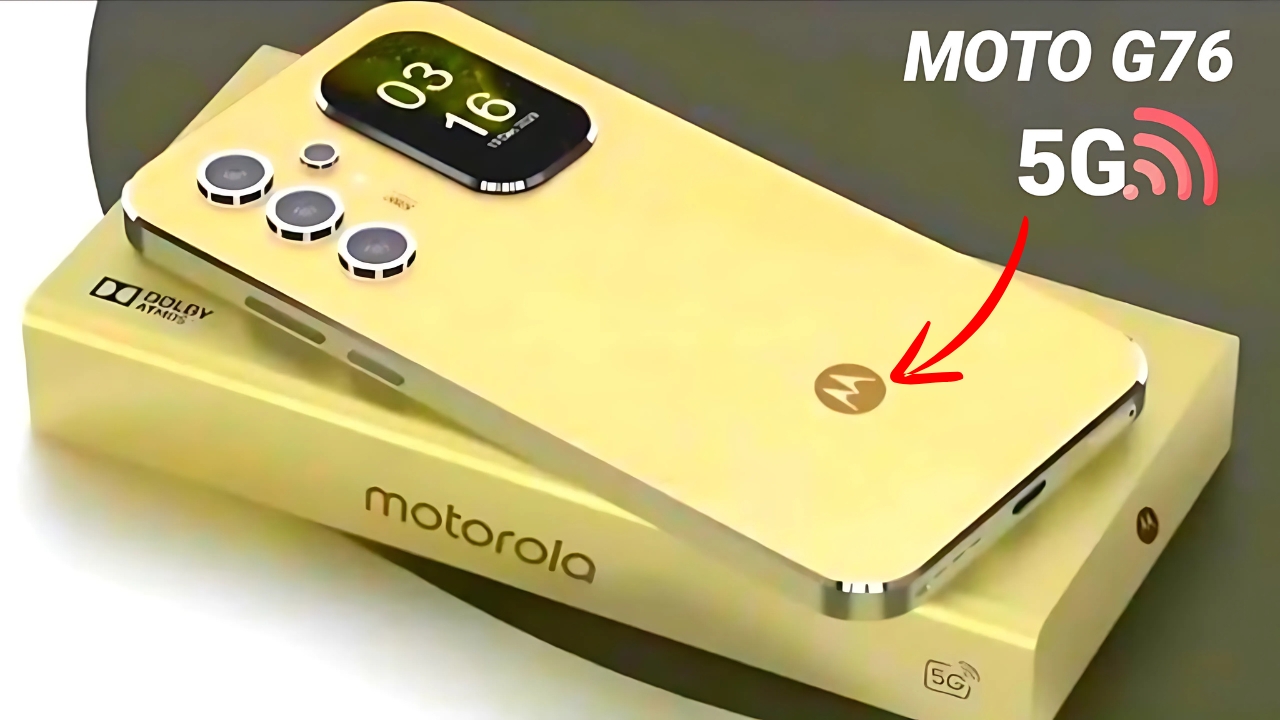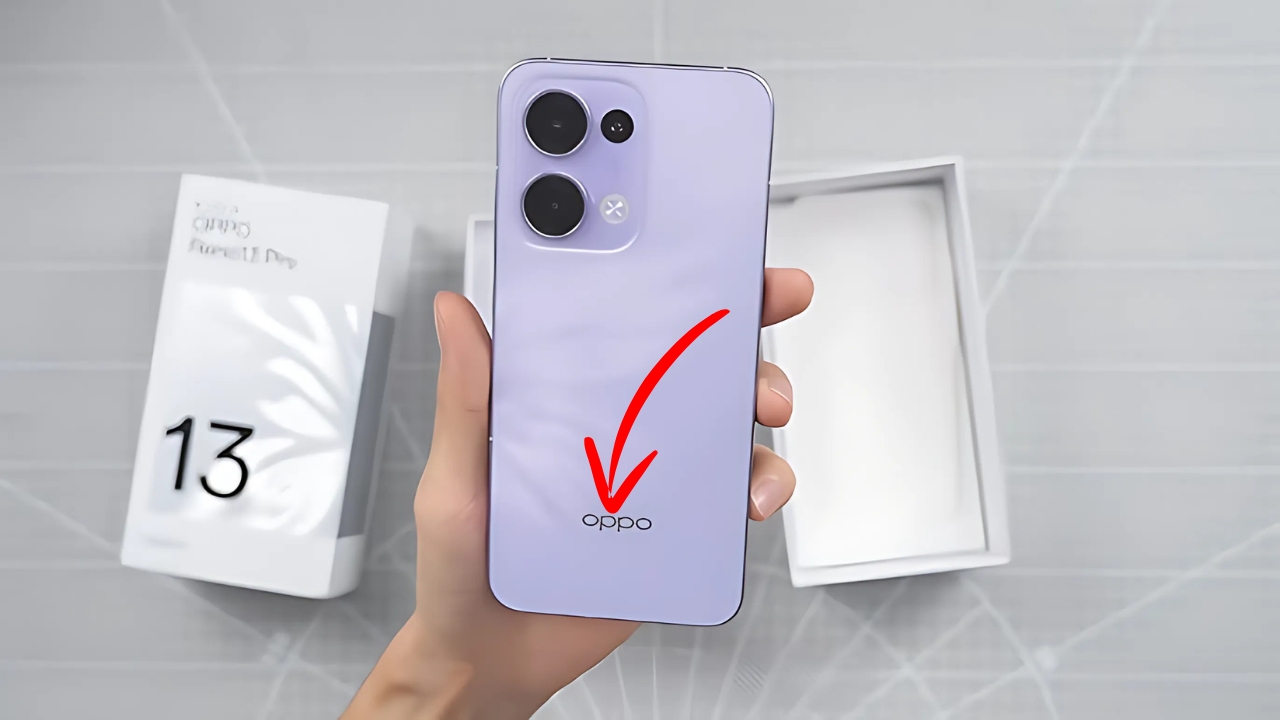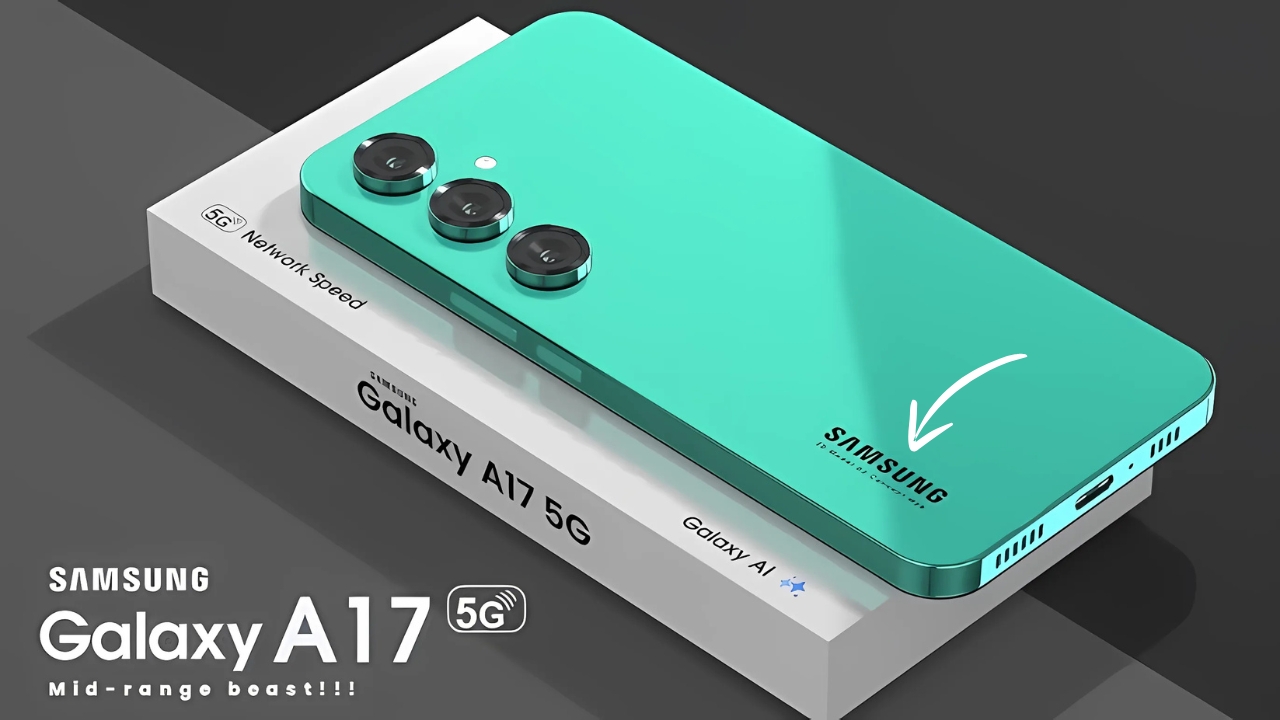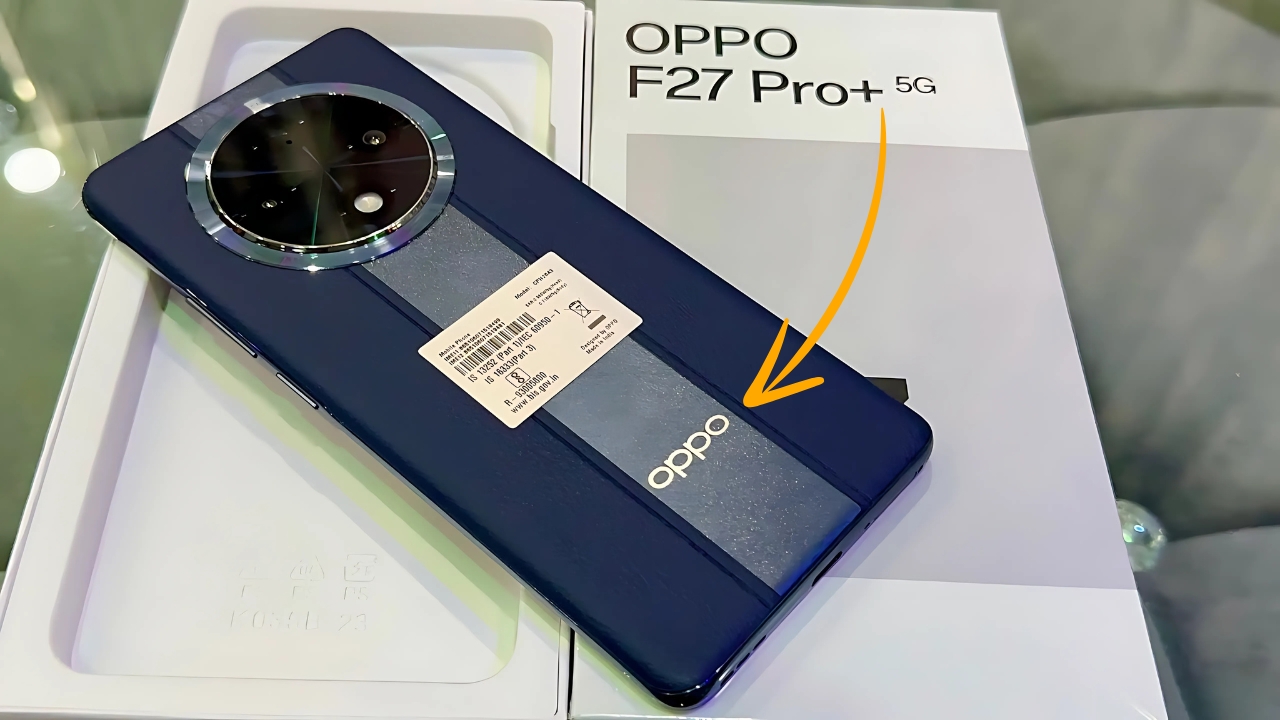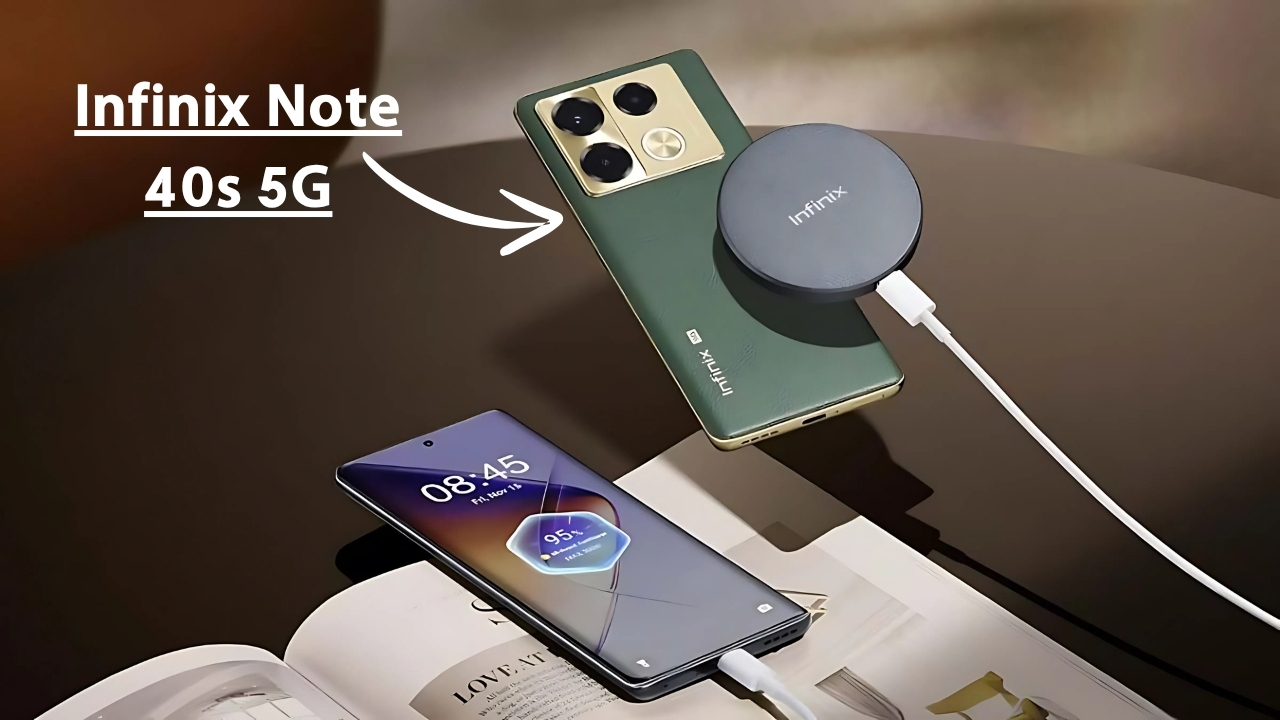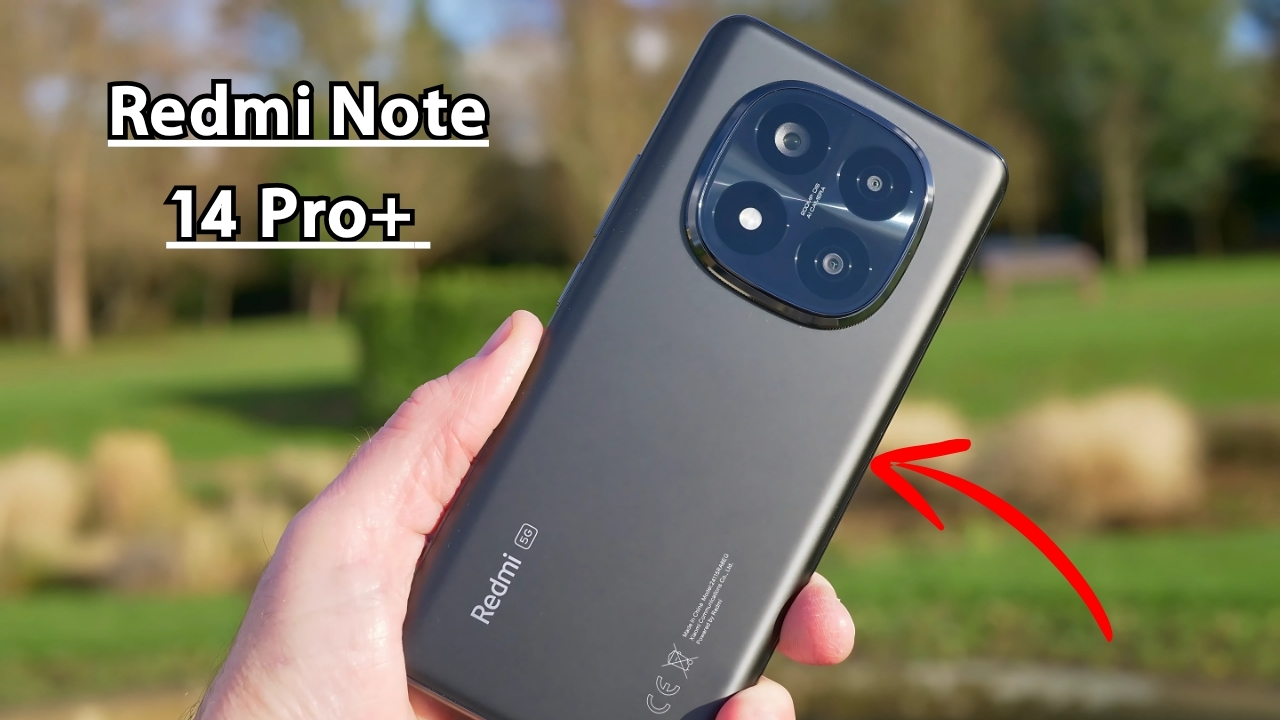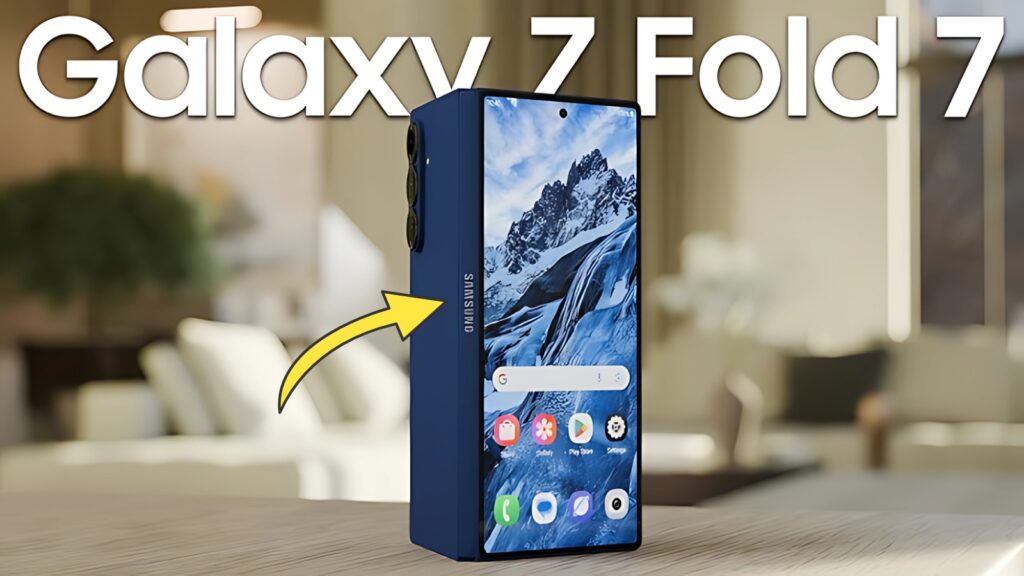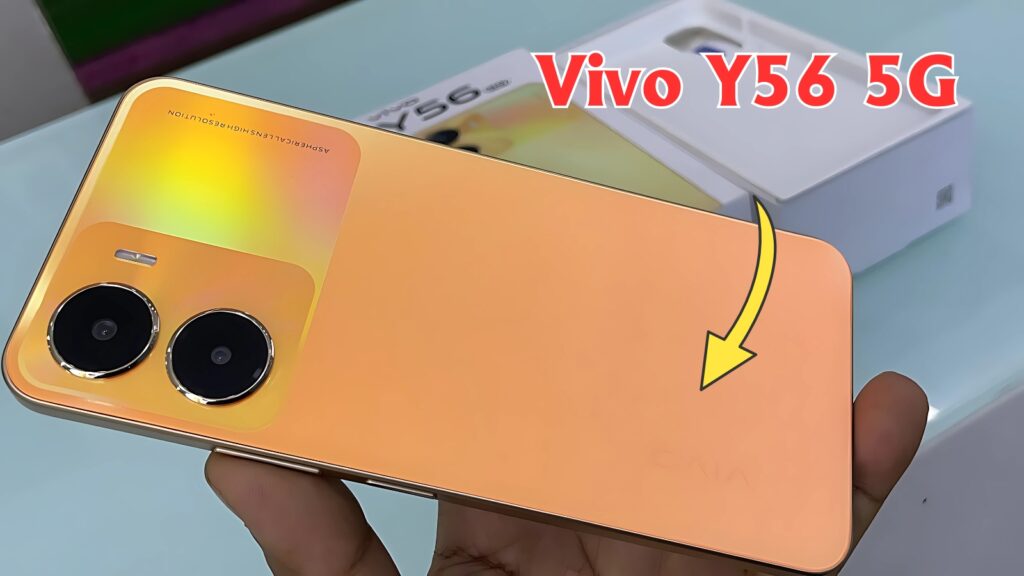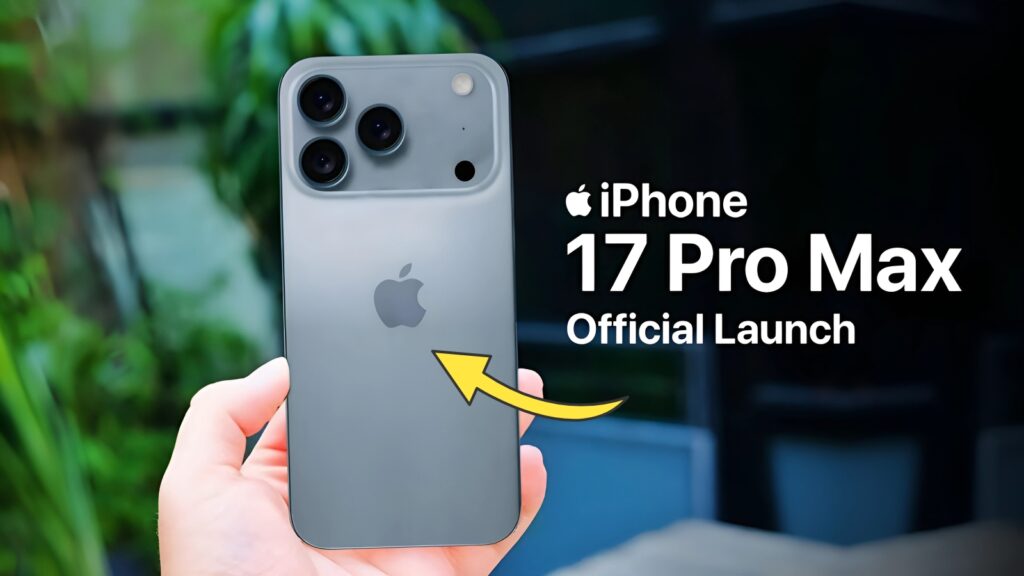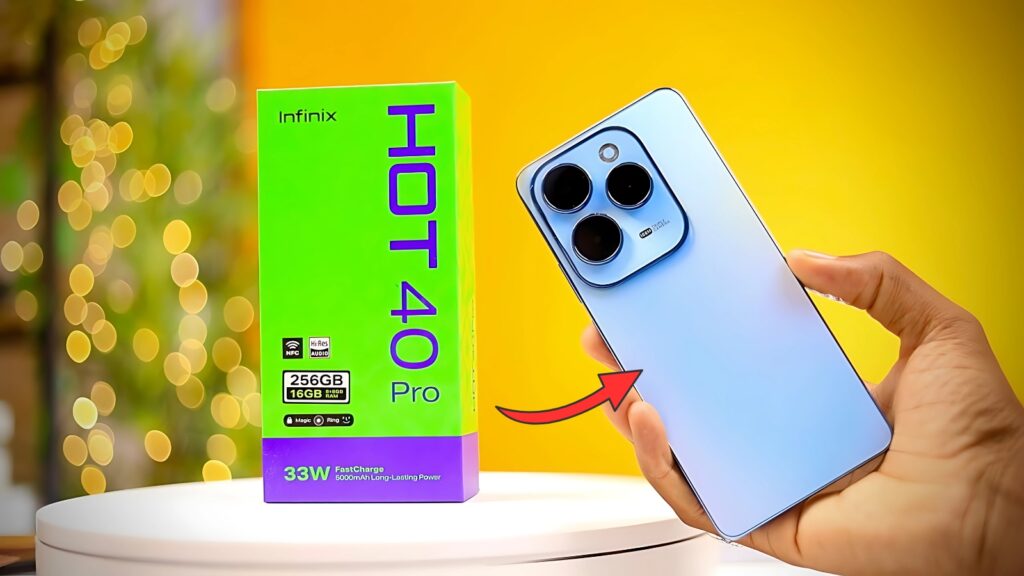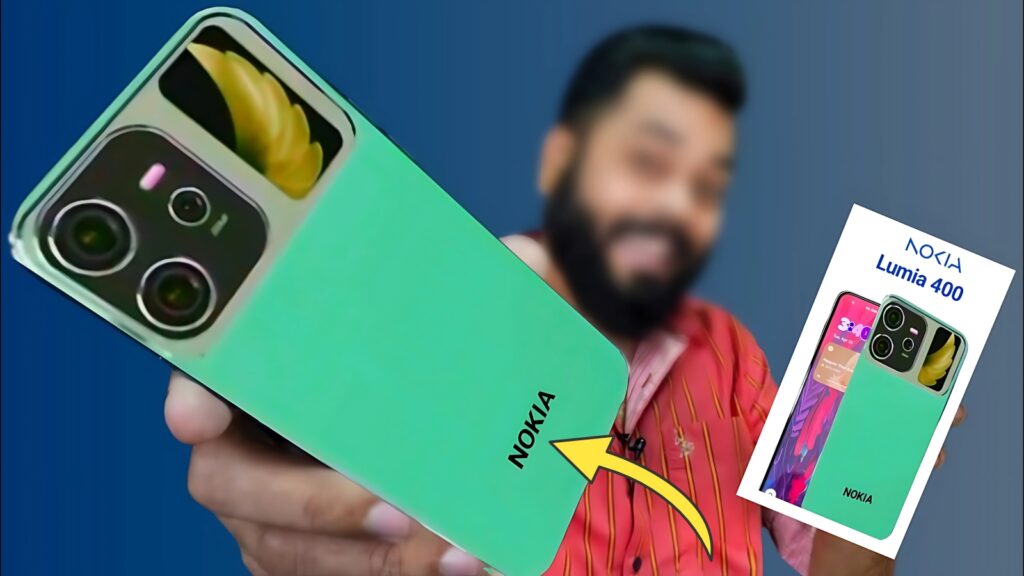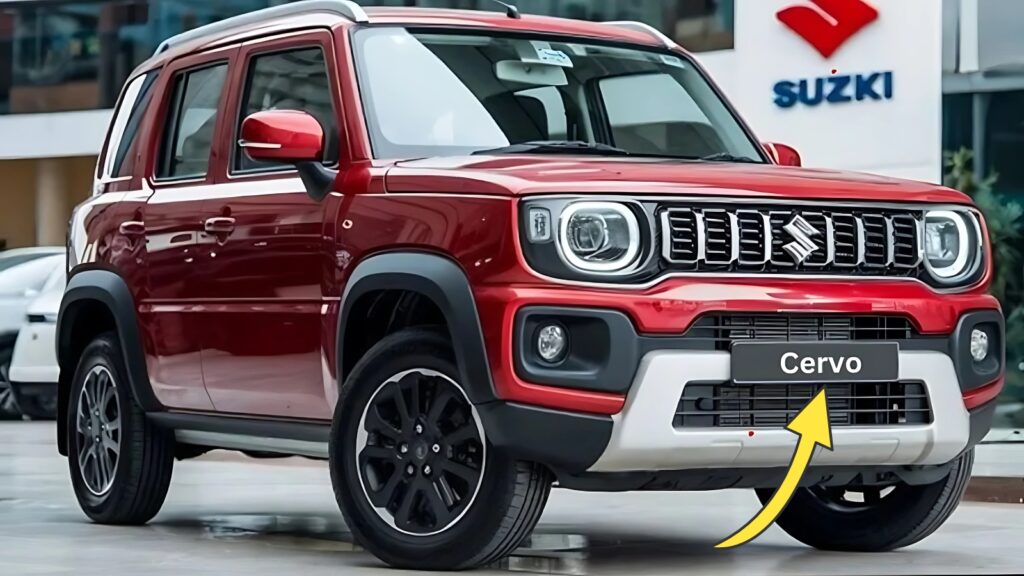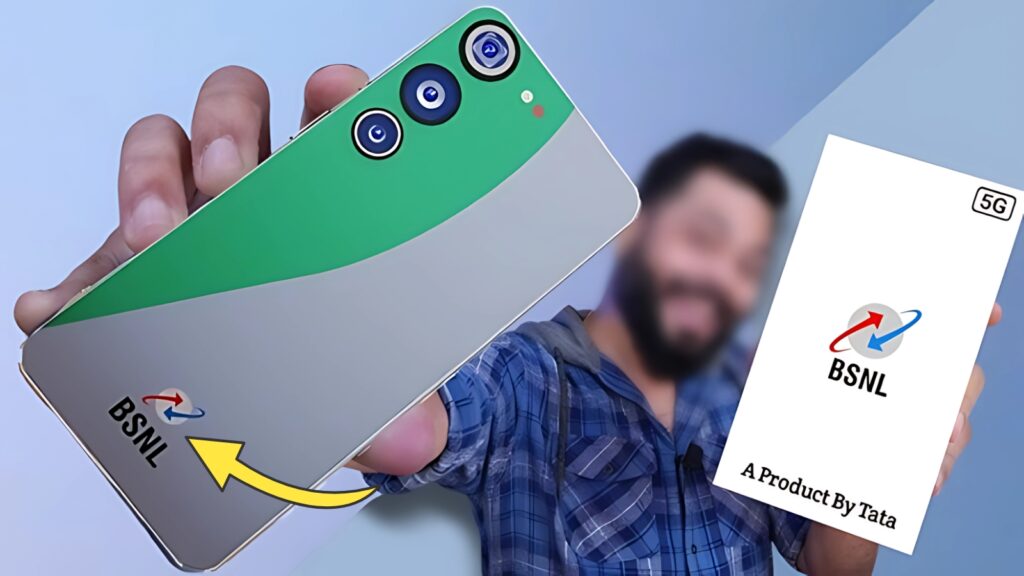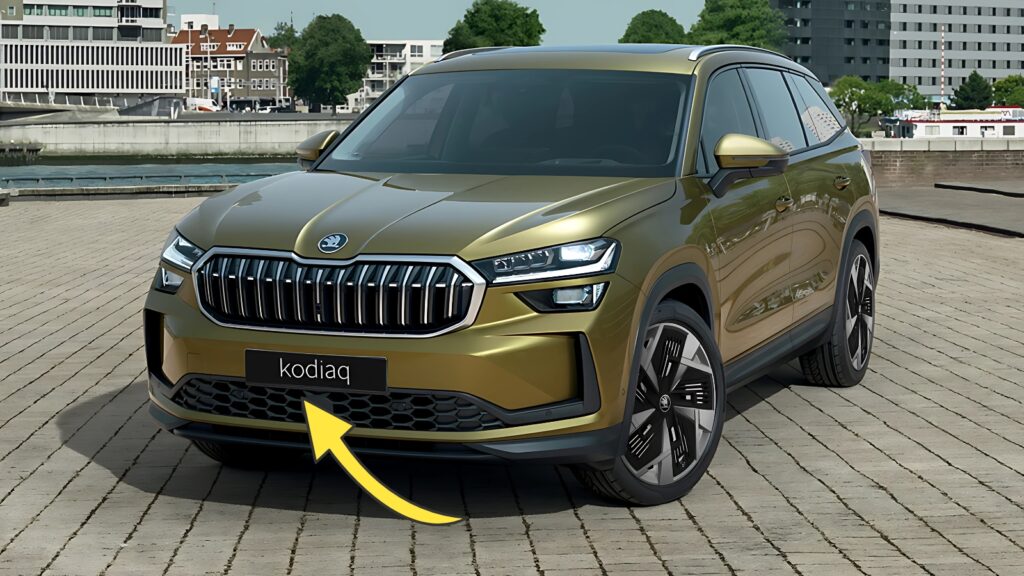Google Pixel 9a : The smartphone industry continues to evolve rapidly, and Google’s Pixel 9a stands as a testament to how artificial intelligence can revolutionize mobile photography and daily smartphone interactions.
This mid-range device packs impressive technological capabilities, particularly its 48-megapixel camera system enhanced by sophisticated AI algorithms.
Camera Hardware Meets Software Intelligence
The Pixel 9a’s camera system combines a high-resolution 48MP sensor with Google’s computational photography expertise.
This partnership between hardware and software creates possibilities that extend far beyond traditional smartphone photography.
The large sensor captures incredible detail, while AI processing ensures every shot reaches its full potential.
In daylight conditions, the camera excels at capturing natural colors and fine details. The AI automatically adjusts exposure, white balance, and dynamic range to produce balanced images.
Even challenging scenarios with mixed lighting or high contrast are handled expertly through HDR+ technology, which combines multiple exposures seamlessly.
Night Photography Redefined
Low-light photography has traditionally been a weakness for smartphone cameras, but the Pixel 9a changes this narrative. Night Sight mode uses machine learning to brighten dark scenes while maintaining natural colors and reducing noise.
The AI analyzes the scene to determine optimal exposure times and combines multiple frames intelligently, resulting in clear, detailed photos even in near-darkness.
Astrophotography mode takes this further, allowing users to capture stunning images of the night sky. The AI stabilizes long exposures and processes star patterns, creating images that would typically require professional equipment.
Portrait Excellence Through AI
Portrait photography on the Pixel 9a demonstrates the power of computational photography. Rather than relying solely on hardware depth sensors, the device uses machine learning to create accurate depth maps.
This approach produces natural-looking background blur while keeping subjects sharp.
The AI recognizes different types of subjects – humans, pets, objects – and applies appropriate processing. Edge detection algorithms ensure hair and other fine details remain properly defined, avoiding the artificial cutout effect common in lesser implementations.
Video Capabilities Enhanced by Intelligence
Video recording benefits from AI stabilization that rivals dedicated gimbals. The system predicts camera movement and compensates in real-time, producing smooth footage even while walking. Audio zoom technology uses directional processing to focus on subjects in frame, reducing background noise automatically.
The Pixel 9a can record 4K video with excellent detail retention and color accuracy. AI processing helps maintain consistent exposure when moving between different lighting conditions, preventing jarring transitions that typically require manual adjustment.
Beyond Photography: Daily AI Integration
The Pixel 9a’s intelligence extends throughout the user experience. Google Assistant integration provides contextual help based on what’s displayed on screen. Users can ask questions about content, get translations, or perform actions without switching applications.
Smart Reply suggestions in messaging apps learn from usage patterns to offer relevant quick responses. This feature saves time while maintaining personal communication style, as the AI adapts to individual preferences over time.
Privacy-Focused AI Processing
Many AI features operate entirely on-device, ensuring personal data remains private. Live Caption, Now Playing song identification, and Smart Reply work without internet connectivity, processing information locally using efficient neural networks designed specifically for mobile devices.
This approach balances functionality with privacy, allowing users to benefit from AI capabilities without compromising personal information. Features that do require cloud processing clearly indicate this, giving users control over their data.
Battery Intelligence and System Optimization
Adaptive Battery technology learns usage patterns to optimize power consumption. The AI identifies which apps are used frequently at specific times, pre-loading them for instant access while restricting background activity for rarely used applications.
This intelligent management can significantly extend battery life without impacting user experience.
The system also learns charging habits, optimizing battery health by controlling charging speeds and limits. This helps maintain battery capacity over the device’s lifetime, addressing a common concern with smartphone longevity.
Accessibility Through AI
The Pixel 9a includes numerous AI-powered accessibility features. Live Transcribe converts spoken words to text in real-time, supporting multiple languages.
Sound Notifications alert users to important environmental sounds like smoke alarms or doorbells, particularly valuable for those with hearing impairments.
Voice Access allows complete hands-free control through natural language commands. The AI understands context and intent, making navigation intuitive without requiring specific command memorization.
Regular Intelligence Updates
Google’s approach to AI means the Pixel 9a improves over time through Feature Drops. These regular updates introduce new capabilities and enhance existing ones, ensuring the device remains current throughout its lifecycle. Past updates have added significant features, demonstrating Google’s commitment to long-term device support.
Real-World Performance
In daily use, the Pixel 9a’s AI features work seamlessly in the background. The camera launches quickly and captures photos instantly, with processing happening afterward.
This approach ensures users never miss important moments while still benefiting from computational enhancements.
The combination of capable hardware and intelligent software creates a device that punches above its weight class.
While positioned as a mid-range option, the Pixel 9a delivers experiences typically associated with premium devices, making advanced technology accessible to more users.
Google Pixel 9a Conclusion
The Google Pixel 9a represents a mature implementation of AI in smartphones, where intelligence enhances rather than complicates the user experience.
Its 48MP camera system, combined with Google’s computational photography prowess, delivers exceptional results across various scenarios. From photography to daily productivity, AI integration makes the device more capable and user-friendly, setting new standards for what mid-range smartphones can achieve.
